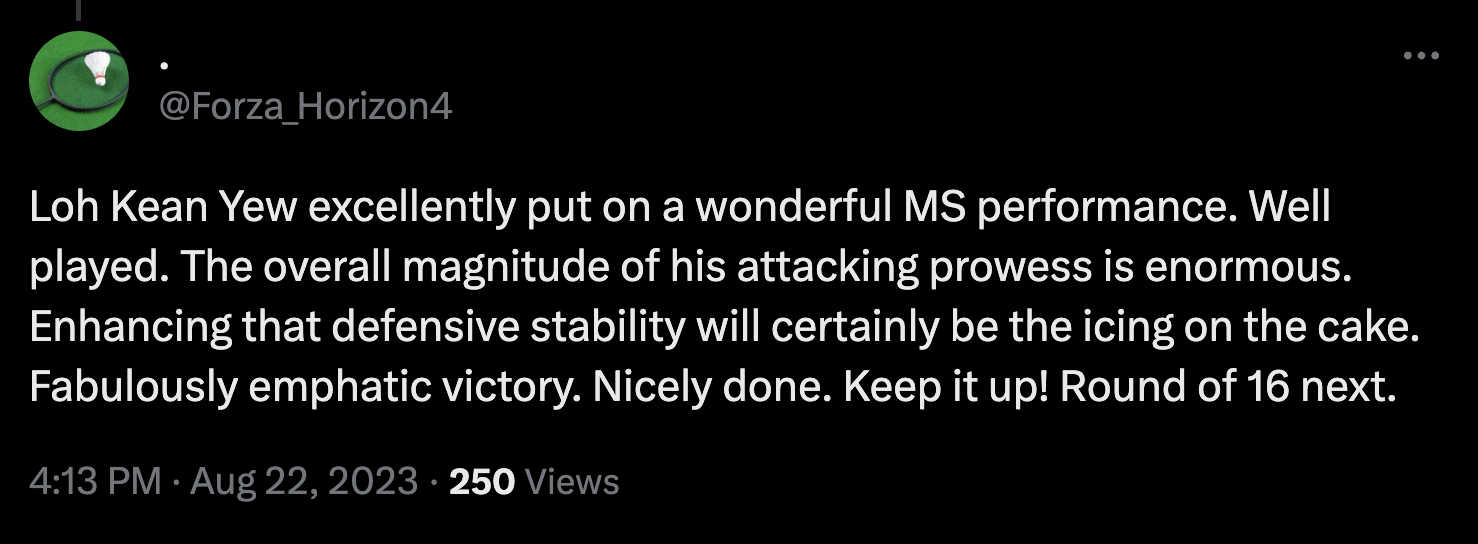by Jeannette Chong-Aruldoss
Back in March 2023, I wrote about my beef with the way the oath of secrecy for Singaporean elections was required to be taken.
The oath of secrecy for presidential elections (Form P13) was as follows: “I, the abovenamed person, swear that I will not at this election do anything forbidden by section 36 of the Presidential Elections Act which has been read to me.”
Form P13 had a footnote as follows:
“Section 36 of the Presidential Elections Act (printed overleaf) must be read to the person taking the Oath. No stamp fee is required.”
The form of the oath of secrecy for parliamentary elections (Form 18) is similar.
My complaint was with the outdated requirement to read out an entire section comprising 500 words of legalese to the person taking the oath of secrecy.
Umpteen amendments and tweaks have been made to how parliamentary and presidential elections are conducted. Yet, the form of the oath of secrecy had remained essentially unchanged from its original form enacted in colonial legislation.
On 21 February 2023, I raised the anachronism to the Elections Department (ELD) in a long explanatory note. I proposed three changes to be made to the form of the oath of secrecy for both parliamentary and presidential elections:
1. the words “which has been read to me” in the oath statement be changed to “which I have read and understood”;
2. the footnote be removed; and
3. to expand “swear” to “swear/affirm”.
With lightning speed, ELD replied to me that very day:
“Dear Mrs Chong-Aruldoss
Thank you for your feedback submitted on 21 Feb 2023. We will take your suggestion into consideration when we next review the forms. Regards”
On 12 June 2023, ELD published a new Form P13 for presidential elections effective 13 June 2023.
To my delight, the new Form P13 incorporated the changes I had proposed to ELD.
The new oath of secrecy statement for presidential elections now reads as follows:
“I, the abovenamed person, am aware of and understand section 36 of the Presidential Elections Act 1991 (printed overleaf) and swear/affirm that I will not at this election do anything forbidden by that section.”
The quirky requirement to read out an entire section of law to the person taking the oath has been abolished for presidential elections.
I expect Form 18 for parliamentary elections will be likewise updated in due course.

Singapore has had five presidential elections, of which only two were contested. Until recently, I harboured the thought that if the upcoming presidential election were (again) uncontested, then Form P13 would (once again) not be deployed. The joy of using an updated Form P13 would have to be deferred to another day.
On 22 August 2023, ELD announced the nomination of three individuals, Mr Ng Kok Song, Mr Tharman Shanmugaratnam and Mr Tan Kin Lian, as candidates for Presidential Election 2023. We have a 3-corner fight for our votes. Polling is set for 1 September 2023.
The new updated Form P13 will be intensively used for sure.
Jeannette Chong-Aruldoss is a Singaporean lawyer and politician
(Footnote: “THE OATH OF SECRECY IN SINGAPOREAN ELECTIONS — GOING BEHIND A QUIRKY MUST-DO BEFORE MAKING IT” at In My Own Words and Medium)
Going behind the quirky must-do of the oath of secrecy in Singaporean elections





















